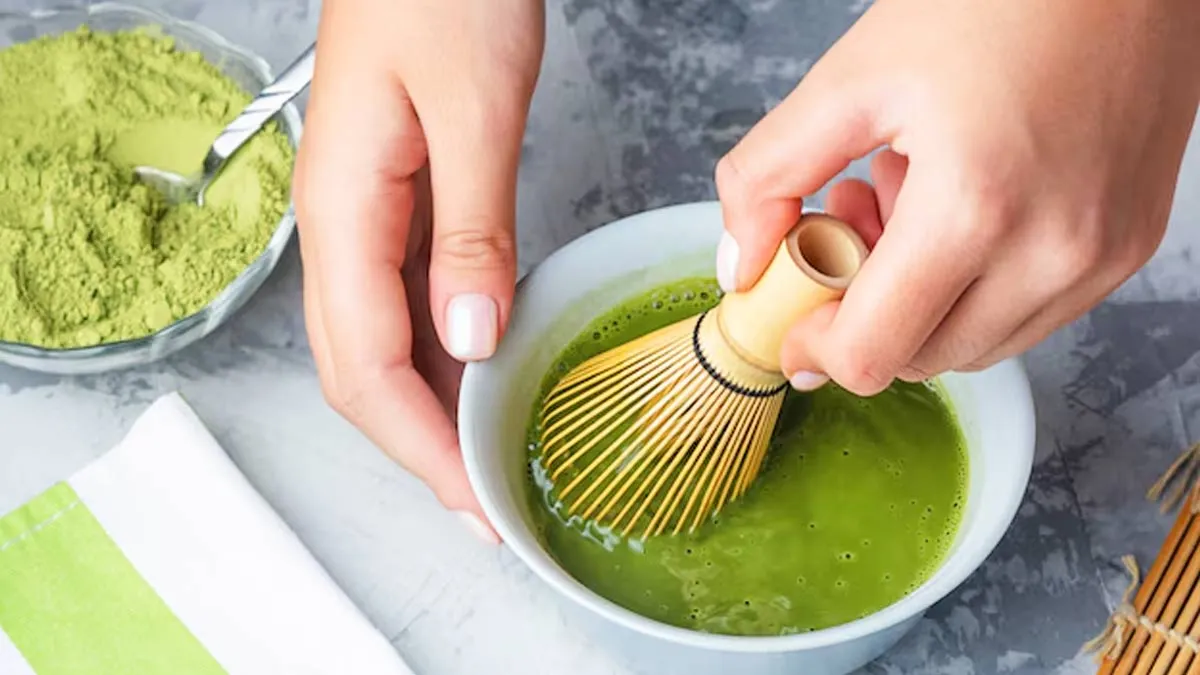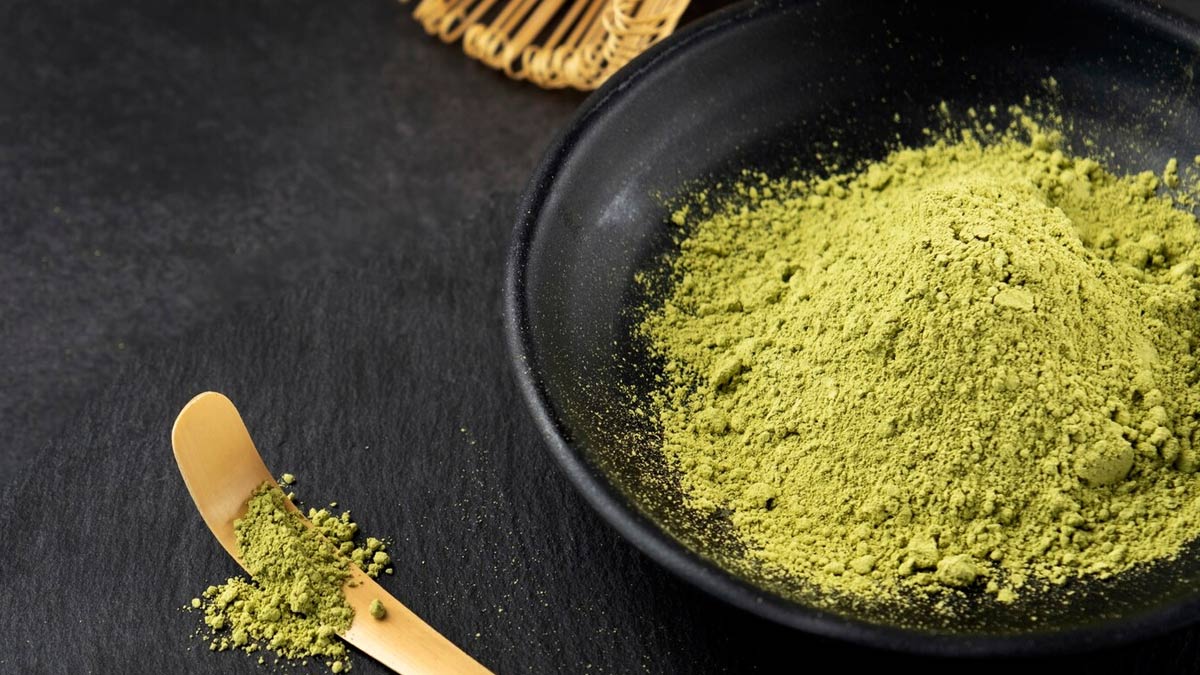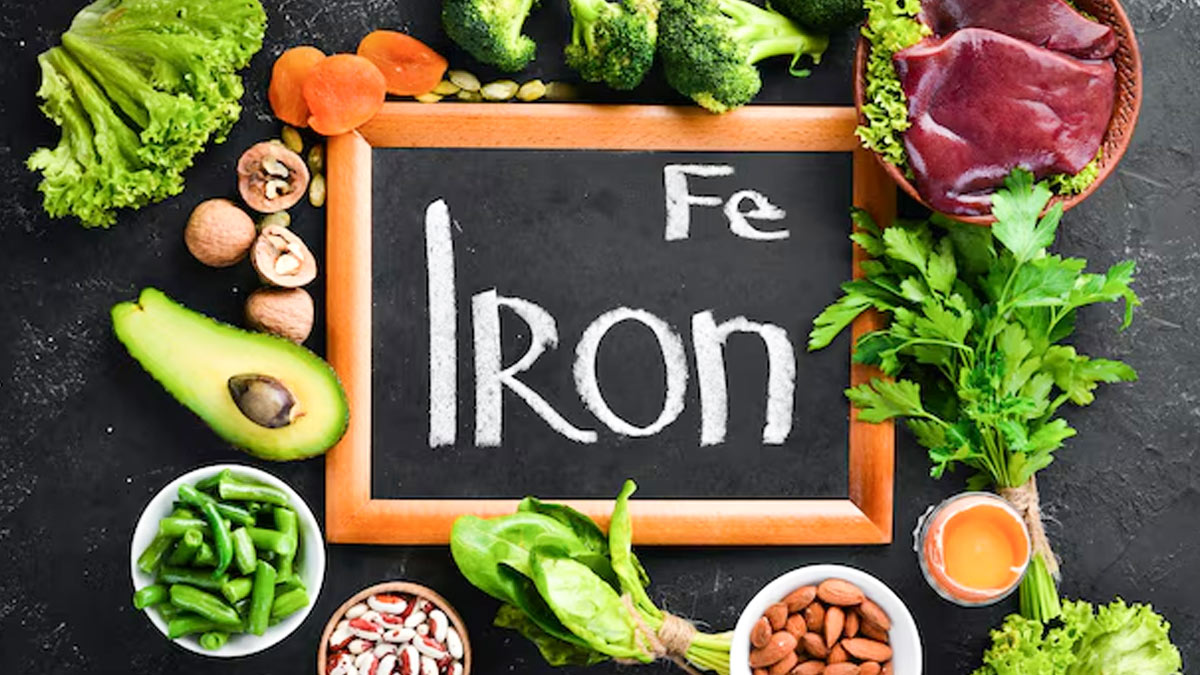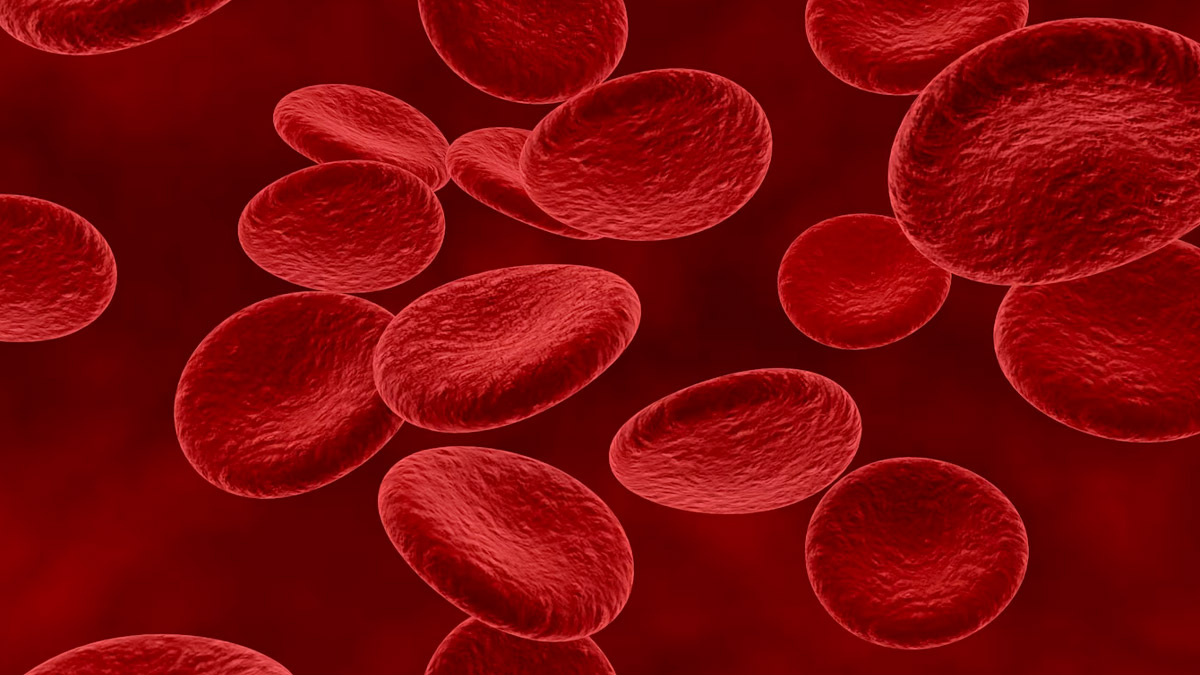
Iron is a key mineral that supports Red Blood Cell (RBC) production and oxygen transport through the body. It also boosts energy levels and promotes healthy immune functions. Several factors can reduce iron levels or affect iron absorption in the body. One surprising factor is a popular ingredient called matcha that has grown increasingly popular in recent years. Dr Birali Swetha, Chief Dietician, Gleneagles Aware Hospital, LB Nagar, Hyderabad, helps us understand the link and ways to safely consume the popular powdered green tea.
Table of Content:-
Also Read: What Is The Matcha Hype? Can It Help Boost Health Or Is Just Another Unhealthy Trend?
What Exactly Is Matcha?

Matcha is a special type of green tea, produced from tea leaves cultivated in the shade for several weeks prior to being harvested. This added attention increases their chlorophyll levels, which is what provides matcha with its stunning colour and rich, earthy taste.
When harvested, the leaves are carefully steamed, dried, and then slow-ground stone into a bright, silky powder. As opposed to traditional green tea, where you steep the leaves and discard them, matcha allows you to consume the whole leaf, so you're drinking more antioxidants, more nutrients, and a richer, fuller flavour.
Does Matcha Affect Iron Levels In The Body?

Several TikTokers have claimed that drinking matcha has lowered their iron levels, some even suggesting that the green tea caused chronic iron deficiency in them.
According to Dr Swetha, matcha, like other green teas, contains polyphenols, particularly catechins and tannins, which can bind with non-heme iron (the type of iron found in plant-based foods) and inhibit its absorption in the gastrointestinal tract.
He explains that while this effect does not typically result in iron deficiency on its own, regular consumption of large amounts of matcha, especially close to mealtime, can contribute to reduced iron absorption over time, particularly in susceptible individuals.
In general, green tea, though known for its antioxidant benefits, can lead to iron deficiency anaemia if in excess. A study published in Clinical Case Reports highlighted a case of a 48-year-old man who had been drinking over 1.5 litres of green tea every weekday for years as part of his work routine. It was later found that despite a healthy diet, he developed anaemia that didn’t improve with iron supplements until he stopped drinking tea.
While a few cups a day are fine for most people, this case is a reminder that even healthy habits can backfire when taken to the extreme, researchers noted.
How To Safely Consume Matcha Without Influencing Iron Levels In The Body?

“For individuals with iron-deficiency anaemia or those at high risk of developing it, limiting matcha intake or timing its consumption carefully is advisable,” notes Dr Swetha. She adds that drinking matcha between meals rather than with meals can help minimise its interference with iron absorption.
Another thing to note is that including vitamin C-rich foods (like citrus fruits, bell peppers, or tomatoes) in meals can significantly enhance non-heme iron absorption. According to the doctor, vitamin C changes iron into a more absorbable form and may help counteract the inhibitory effect of matcha to some extent. However, the degree of mitigation varies and is not absolute, so this strategy should complement—not replace—moderation and timing.
Also Read: Expert Lists Down 7 Superfoods That Naturally Boost Your Energy Beyond Coffee
Who Should Avoid Matcha?
Menstruating women, pregnant individuals, vegetarians, and vegans are more susceptible to iron deficiency, as their iron requirements are higher and their diets are often rich in non-heme iron.
According to WHO estimates, 40% of children 6–59 months of age, 37% of pregnant women, and 30% of women 15–49 years of age worldwide are anaemic.
In these populations, even small factors that inhibit absorption—like regular matcha intake with meals—can be clinically significant. Careful dietary planning and iron monitoring are essential in such cases, advises Dr Swetha.
How Much Matcha Is Safe To Consume In A Day?
Moderation is key, says Dr Swetha. She shared that for most people, 1–2 servings (cups) of matcha per day, preferably taken away from meals, is considered safe and unlikely to cause major issues with iron absorption. However, for individuals with iron deficiency or increased iron needs, it’s best to limit intake further and consult a healthcare provider for personalised guidance.
Conclusion
Matcha can be a great addition to your lifestyle, but it's all about enjoying it in moderation. If you're low on iron or someone at risk of iron deficiency anaemia, it's worth observing when and how much matcha you consume. Having it between meals and in moderation is generally safe for most individuals. And if you are in doubt or already have low iron, a quick consult with a doctor can guide you to get the right balance.
Also watch this video
How we keep this article up to date:
We work with experts and keep a close eye on the latest in health and wellness. Whenever there is a new research or helpful information, we update our articles with accurate and useful advice.
Current Version